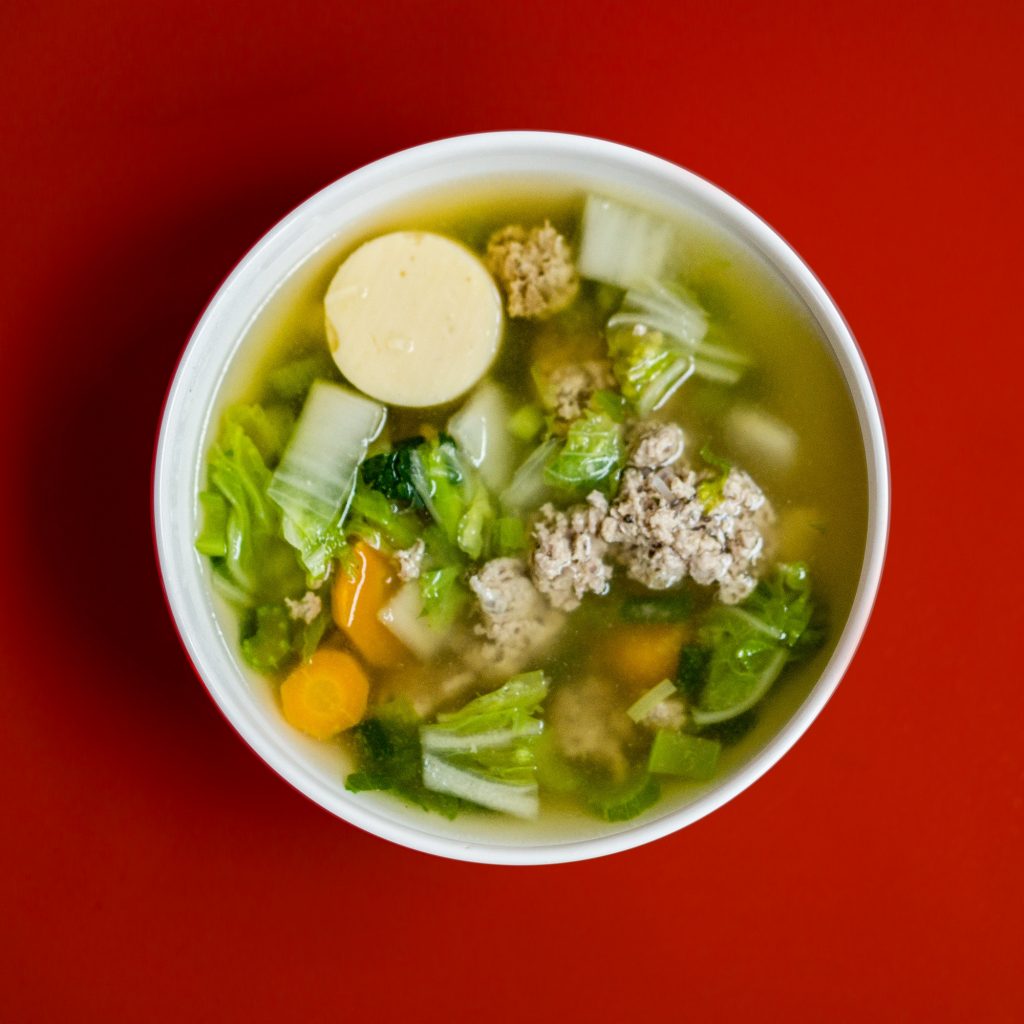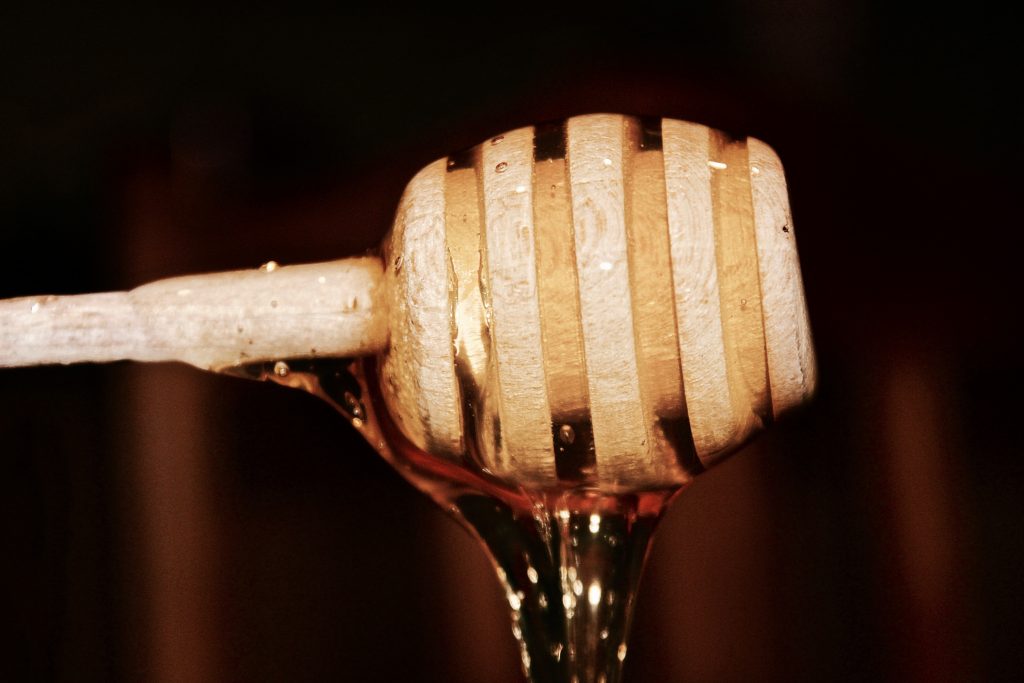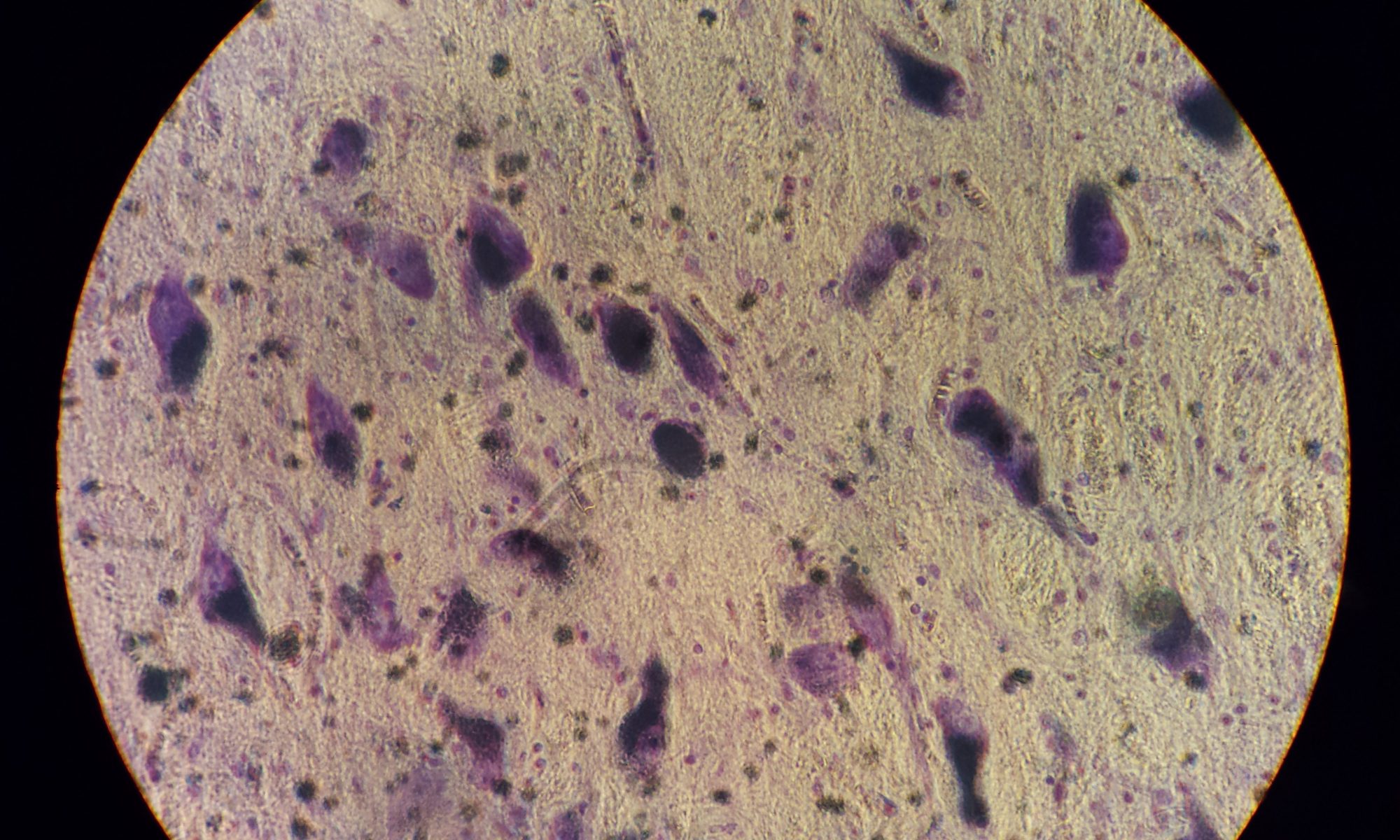It’s a SciComm Takeover Post! This time, Stage 3 Biomedical Sciences student and BMS3016 Science Communication module participant Willow Hight-Warburton is investigating the truth behind old wives tales!
It’s that time of year again – fresher’s flu has descended and we’re all feeling a little under the weather. As a result, I’ve decided to investigate the science behind some of our favourite home remedies.
Chicken Soup

Nothing can cheer up the snotty-nosed quite like a steaming bowl of broth. But is there any evidence that it does anything other than lifting your mood?
Dr Rennard found that his wife’s family recipe restrained the movement of white blood cells (cells that defend against infection) in volunteer’s blood. He suggests that by preventing the movement of these cells, chicken soup helps to reduce inflammation of the lungs and throat, lessening the symptoms of a cold.
Honey and hot water

Honey has been used as a medicine since the Egyptian times, but there may be more cold-combating power behind this simple home remedy than you would expect.
Research has shown that honey helps to help suppress coughs in children. Amazingly, one study found that it was even more effective at soothing coughs than dextromethorphan, the active ingredient in many over-the-counter cough medicines.
Additionally, honey is a “hypertonic osmotic”, meaning it can draw water out of a sore throat, easing swelling and discomfort.
Drinking hot liquids

Both ‘cures’ mentioned above could have the additional benefit of unblocking a bunged-up nose. Dr Saketkhoo showed that drinking hot liquids made the mucus the volunteers’ nose more runny.
So next time you feel sniffily there’s no need to fork out for expensive medication. Reach for the home remedies and remember – mother knows best!

